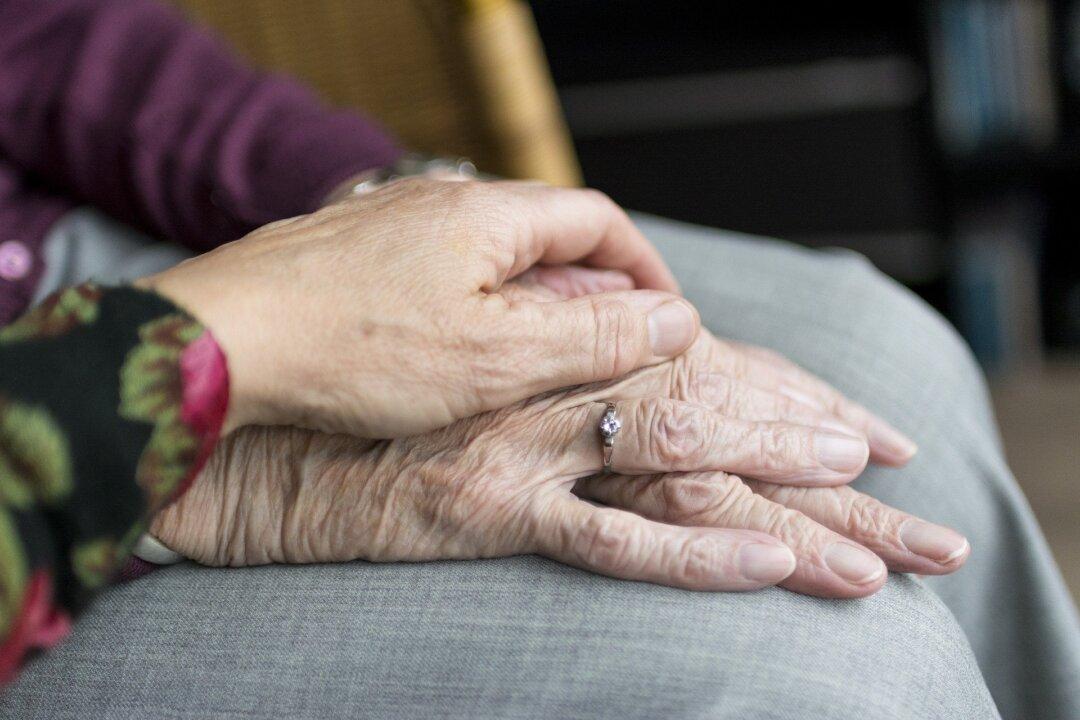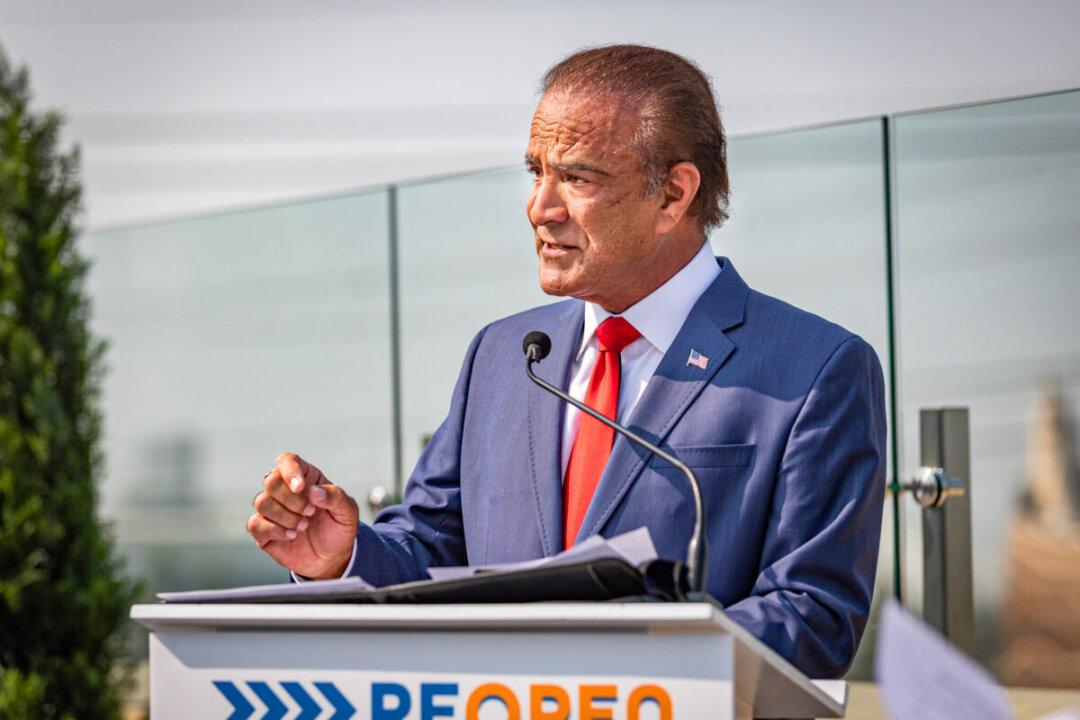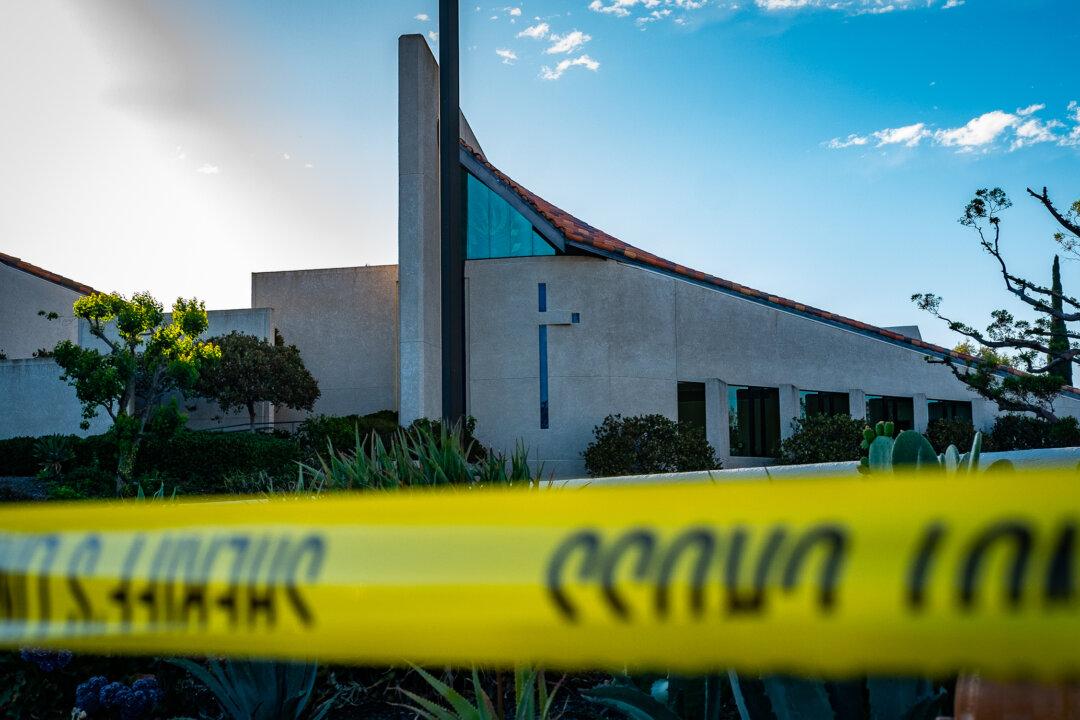As changes to California’s assisted suicide End of Life Options Act are proposed to state legislators, a physician is calling for more transparency.
“I don’t think that physicians should be in the business of trying to deliberately end life,” Dr. James Grisolia, a San Diego neurologist, told The Epoch Times. “It’s our job to keep people comfortable and try to give them a sense of empowerment.”




